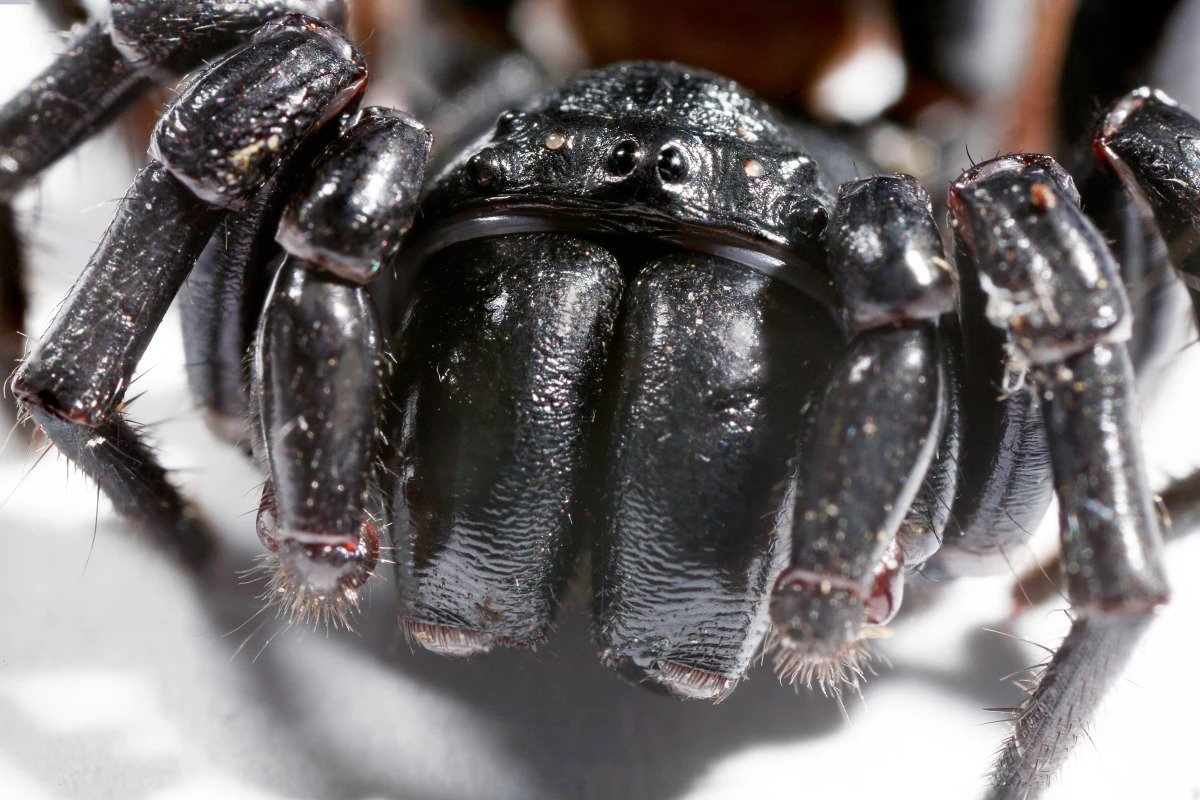
The work was carried out by scientists at the Australia’s University of Queensland and actually builds off a previous study in which they identified a small protein in the venom of funnel web spiders with some rather exciting potential. Through experiments on rats, the team found that administering this particular protein after an induced stroke significantly reduced the potential for brain damage as a result, even hours after the event.
“We discovered this small protein, Hi1a, amazingly reduces damage to the brain even when it is given up to eight hours after stroke onset,” says Professor Glenn King. “It made sense to also test Hi1a on heart cells, because like the brain, the heart is one of the most sensitive organs in the body to the loss of blood flow and lack of oxygen.”
To explore these possibilities, the scientists tested out the drug on beating human heart cells, on which they simulated the stresses of a heart attack. This led to what they describe as incredible results “decades in the making,” with the drug found to block what’s known as the “death signal” that is normally spread throughout heart cells in the event of an attack.
“After a heart attack, blood flow to the heart is reduced, resulting in a lack of oxygen to heart muscle,” says study author Dr Nathan Palpant. “The lack of oxygen causes the cell environment to become acidic, which combine to send a message for heart cells to die.”
The team found that Hi1a has this effect by blocking acid-sensing ion channels in the heart, which in turn blocks transmission of the death signal and allows more heart cells to survive. Currently no drug is available to block this so-called death signal, and no drugs are in clinical use that save the organ from this damage following a heart attack.
“For heart attack victims, our vision for the future is that Hi1a could be administered by first responders in the ambulance, which would really change the health outcomes of heart disease,” says King. “This is particularly important in rural and remote parts of Australia where patients and treating hospitals can be long distances apart – and when every second counts.”
Further to potentially saving the lives of heart attack victims, the drug could also be used to buy time for transplants of the organ, by increasing the survival of the heart’s cells. This could allow crucial extra minutes to transport a viable heart after it has stopped beating and boost the chances of a successful transplant.
The scientists hope to build on these promising early results with human clinical trials investigating Hi1a as both a treatment for stroke and heart disease in the next two to three years.
“This will not only help the hundreds of thousands of people who have a heart attack every year around the world, it could also increase the number and quality of donor hearts, which will give hope to those waiting on the transplant list,” says Professor Peter MacDonald.
The research was published in the journal Circulation. Dr Palpant discusses the research in the following video.
Repairing hearts with deadly spider venom
Source: University of Queensland
–
–











